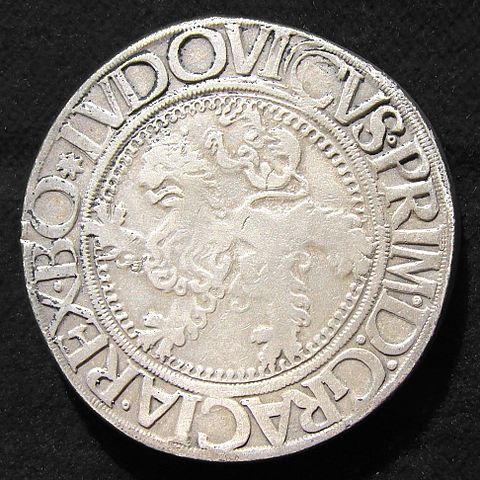

In this unit you will study Can in positive form.




Imagen: First Thaler. https://en.wikipedia.org/wiki/Dollar#/media/File:Bohemia,_Joachimsthaler_1525_Electrotype_Copy._VF._Reverse..jpg
Instructions: Read the following text. Look at the letters in bold.
Dollar (often represented by the dollar sign $) can be used to name more than twenty currencies, including (ordered by population) those of the United States, Canada, Australia, Taiwan, Hong Kong, Singapore, New Zealand, Liberia, Jamaica and Namibia. The U.S. dollar is the official currency of East Timor, Ecuador, El Salvador, Federated States of Micronesia, Marshall Islands, Palau, the Caribbean Netherlands, and for banknotes, Panama. Generally, one dollar is divided into one hundred cents.
Dollar. Retrieved October, 2016 from https://en.wikipedia.org/wiki/Dollar

Instructions: Read the following information about the US:
On 15 January 1520, the Czech Kingdom of Bohemia began minting coins from silver mined locally in Joachimsthal and marked on reverse with the Czech lion. The coins were called "''Joachimsthaler''," which became shortened in common usage to thaler or taler. The German name "Joachimsthal" literally means "Joachim's valley" or "Joachim's dale". This name found its way into other languages: Czech tolar, Hungarian tallér, Danish and Norwegian daler, Swedish daler, Icelandic dalur, Dutch daalder or daler, Ethiopian ታላሪ ("talari"), Italian tallero, Polish talar, Persian dare, as well as – via Dutch – into English as dollar.
Dollar. Retrieved October, 2016 from https://en.wikipedia.org/wiki/Dollar
Instructions: Choose True or False for the following statements

Instructions: Look at the following information about the modal verb Can:
The modal verb Can is used to express ability or possibility.
After Can the verb is in the simple form.
We use Can for all the personal pronouns.
Look at the word order in the positive form:
| Subject | Auxiliary Can | Verb (Simple form) | Complement. |
|---|---|---|---|
| I | can | drive | a car. |
| You | can | dance | Tango. |
| He | can | speak | French very well. |
| She | can | play | the piano. |
| It | can | fly | for long hours. |
| We | can | be | on time for the lecture. |
| They | can | go | to the congress together. |

Instructions: Complete the following sentences with Can.

Instructions: Drag and drop the following words to make logical sentences with Can.

Instructions: Complete the blanks with Can.
A later Dutch coin depicting also a lion was called the leeuwendaler or leeuwendaalder, literally 'lion daler'. The Dutch Republic produced these coins to accommodate its booming international trade. The leeuwendaler circulated throughout the Middle East and was imitated in several German and Italian cities. This coin was also popular in the Dutch East Indies and in the Dutch New Netherland Colony (New York). It was in circulation throughout the Thirteen Colonies during the 17th and early 18th centuries and was popularly known as "lion (or lyon) dollar". The currencies of Romania and Bulgaria are, to this day, 'lion' (leu/leva). The modern American-English pronunciation of dollar is still remarkably close to the 17th century Dutch pronunciation of daler. Some well-worn examples circulating in the Colonies were known as "dog dollars".